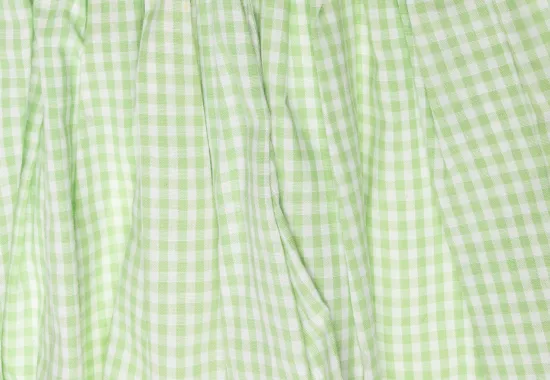Playing Baseball with the Net Down
As I write this, the 2013 baseball playoffs are in full-swing. I remember when there was just the World Series—no playoffs (see, two sentences in, and I’m already verging on nostalgia. That’s the problem with poetry and baseball).
I’ve heard baseball referred to as the most “poetic” sport. No clock, played on grass, etc. George Carlin used to do a comedy routine about this. But I think that’s true only of a certain kind of poetry—idyllic, more reflective. I am a city kid, with Detroit and Pittsburgh being my cities, and I’ve always been both suspicious of and susceptible to the nostalgia of baseball. I continue to play slow-pitch softball at age 57. My father just “retired” (I think) from senior softball at age 85. My most recent poem in the North American Review was about his league: “70-and-Over Slo-Pitch Softball,” and dealt with the ultimate statistic: alive or dead. Baseball seems to have more statistics than any other sport—perhaps because the game is so slow (kind of like writing a poem, there’s a lot going on when it looks like nothing’s going on (or so we hope (baseball is a game of parentheses, things happening inside of things, asides (the batter steps out of the box and adjusts his wrist bands, his jock strap, his helmet, just because maybe it didn’t feel right to step right up to the plate (sounds familiar, eh writers (female writers, sorry for the gender-specificity of the jock strap)))))). Is that the right number of parentheses? Let’s count them. Let’s make a chart!
In my new book, Birth Marks, I included three poems that use baseball as a touchstone. The first, “I Dreamt I Wrote a Poem About Jazz,” (jazz and baseball are two things poets are supposed to like. If baseball was really like poetry, you could just move the bases wherever you wanted, or just throw the ball up in the air and roll around in the grass), I write about the consciousness of the world outside the stadium affecting our view of the game, talking about Willie Horton, the Tigers’ first real black star, scoring the winning run in Denny McLain’s 30th victory that allowed us “to believe for 3.4 seconds that the city wasn’t / going to burn down again” the year after the Detroit riots of 1967.
In the second poem, I try to juxtapose a student getting killed by a car on the street next to our softball field with someone who clearly takes the game too seriously (the older I get, the less I care): “Old guy my age / who should’ve known better than to care: Ball. Strike. / Safe. Out. Who cares? Nobody got hurt— / at our age, isn’t that enough, oh worthy opponent?”
In the third poem, “Souvenir,” I try to blend playing the game with going to the stadiums (stadia?) and watching the games. In these lines, I’m trying to play off the sentimentalized version of fathers and sons playing catch, dramatized most noticeably in “Field of Dreams”: “We didn’t play much catch— / I hope that doesn’t sound whiny, like if we’d just played / a little more, the world would be a better place.”
I don’t mean to suggest that I’ve got it “right” in these poems, but to illustrate an inner struggle that plays itself out when writing about things we love (maybe too much). Suspicious and susceptible—I know I can’t have it both ways, but poetry allows me to try. That’s one of the things I like about poetry, and baseball.
Jim Daniels' most recent book of poems is Birthmarks, BOA Editions, 2013. You can read more of Jim's work in issue 297.1 of North American Review.
Recommended
The Shirt
After Hearing David Rothenberg Sang with Birds
Frothing Pink Poodle Droppings






